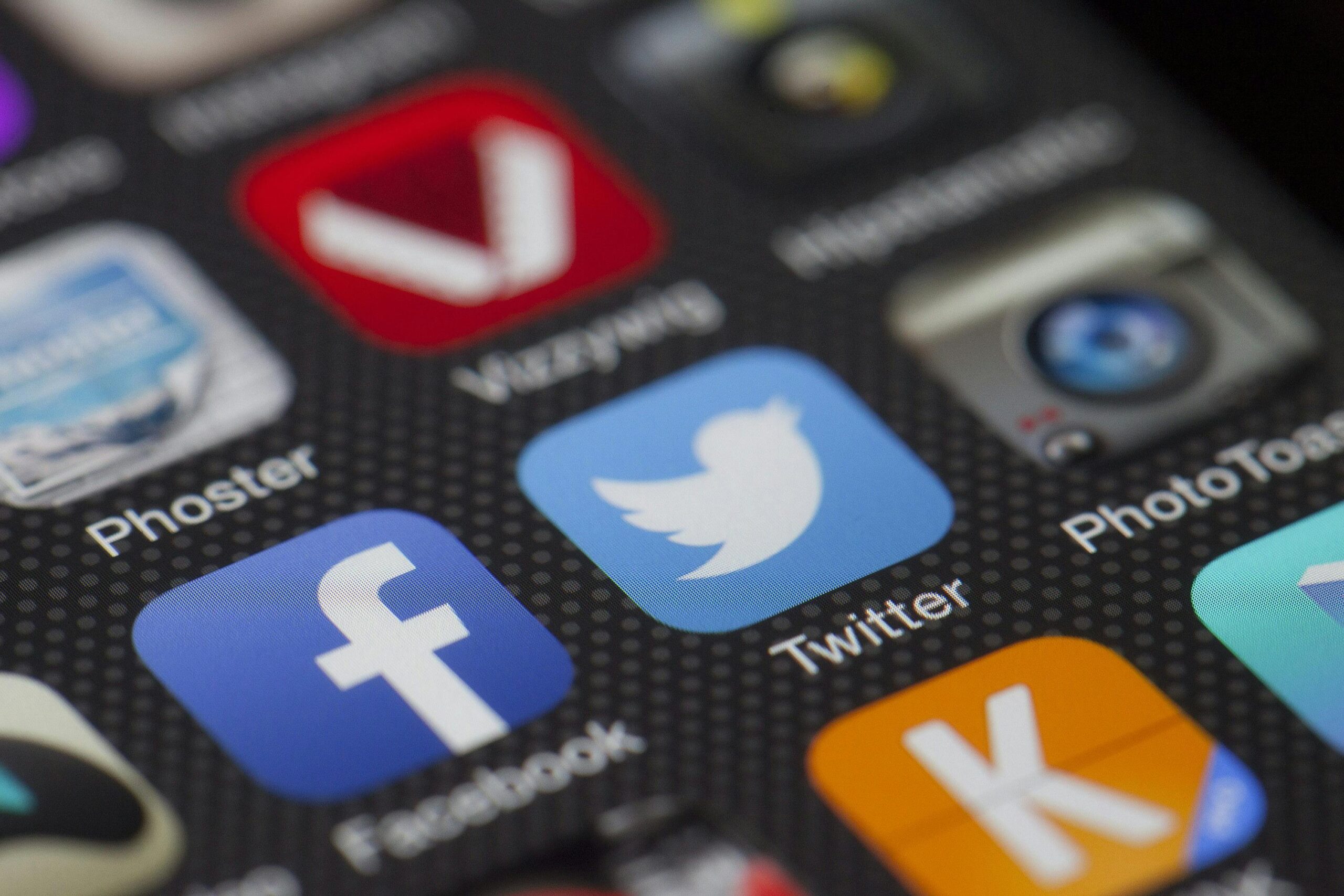 Elon Musk likely regrets his investment in social media behemoth Twitter...
Elon Musk likely regrets his investment in social media behemoth Twitter...
The billionaire investor bought Twitter, now known as X, in late 2022 for $44 billion. And it didn't take long for the company's valuation to start tanking...
X was struggling to bring cash in the door. Almost immediately, Musk cut half of the company's workforce to save on costs... However, the layoffs weren't enough to offset all the advertising revenue leaving.
Giant corporations like Eli Lilly (LLY), General Motors (GM), and General Mills (GIS) stopped buying ads on the platform within the first month.
And since then, other big names have given up on X, too... Near the end of 2023, Walmart (WMT), Disney (DIS), and IBM (IBM) left the platform as well.
A year after Musk's $44 billion purchase, X was supposedly worth just $19 billion... less than half of his purchase price.
Unfortunately for Musk and the social media giant, it hasn't stopped there. As we'll discuss today, X's valuation has continued to fall. However, it may not entirely be Musk's fault...
 X's valuation has been difficult to pinpoint since Musk took the company private...
X's valuation has been difficult to pinpoint since Musk took the company private...
Yet, we have somewhat of a window into the company's value thanks to investment firm Fidelity.
See, Musk helped fund his multibillion-dollar purchase with debt from several banks... and with a small equity stake from Fidelity.
The firm holds a stake in X through its Fidelity Blue Chip Growth Fund (FBGRX) – a mutual fund that invests about 80% of its assets in blue-chip companies. That means everyday investors can see when the value of Fidelity's position in X changes.
Because X is now a private company, these valuations aren't perfect... Fidelity has to make a judgement call when it comes to how valuable the stake is.
That said, since Musk's purchase, the fund has marked the value of its position down 73%. Meanwhile, it hasn't reported any changes in its position size so far... That suggests it's the company's value that's dropping.
Now, a lot of this has to do with Musk. He unequivocally drove several big advertisers off the platform. Yet, there's more to it...
While X is a mature company, it looks a lot like a startup. By that, we mean it's not making money... and debtors are getting worried.
Late last year, X CEO Linda Yaccarino claimed the company should be profitable by early 2024. Whether or not that's true, we haven't heard anything since, which suggests that it's still unprofitable today.
And then there's the biggest reason behind its tanking valuation... When Musk took Twitter private, he funded $13 billion of the deal with debt.
He snuck the deal in before interest rates started soaring. However, most of the debt is "floating rate," which means that as interest rates rise, interest expense rises, too...
When he announced the deal, the Secured Overnight Financing Rate ("SOFR") was extremely cheap at nearly 0.3%. (SOFR is used as a benchmark for setting the rates on various financial products, including loans.) Since then, it has risen to about 5.3%.
The most expensive part of the deal is the loans that, at the time of the acquisition, carried a 10% interest rate plus SOFR.
Now, several of the banks that helped fund the deal – including Morgan Stanley (MS) – are trying to get rid of their exposure as fast as they can.
Morgan Stanley in particular said that in 2022, the loan contributed to part of its $876 million loss on loans held for sale.
 This is how much of the private-lending market looks today...
This is how much of the private-lending market looks today...
From private equity to venture capital, high financing costs have spooked investors.
Like many other companies, X had an extremely high valuation because debt was so cheap. Now, its valuation is falling back down to Earth as debt piles up.
We're not taking a stance on whether or not Musk's purchase of X was a good investment.
However, it's clear that he isn't the sole reason for the company's plummeting valuation. High interest rates and rising fear around debt have also played a big part – just as they have with plenty of other companies today.
Regards,
Joel Litman
April 9, 2024
P.S. The mainstream media is fixated on the "Magnificent Seven"... foreign wars... and the upcoming presidential election. But there's something much bigger – and more impactful – playing out in the stock market right now...
Today, hundreds of companies are trading for LESS than their cash on hand... what we call "negative EV" companies. Frankly, it's a setup that really shouldn't exist... and they're almost all in one misunderstood corner of the market.
My team and I recently put together a portfolio of our five favorite negative-EV stocks. As we go to press, all five of our recs are already up double digits. For a short time, you can claim access to this portfolio – plus a "Watch List" of another eight negative-EV stocks that could soon be screaming "buys" – for 50% off the usual price. Learn more here.



 Elon Musk likely regrets his investment in social media behemoth Twitter...
Elon Musk likely regrets his investment in social media behemoth Twitter...

